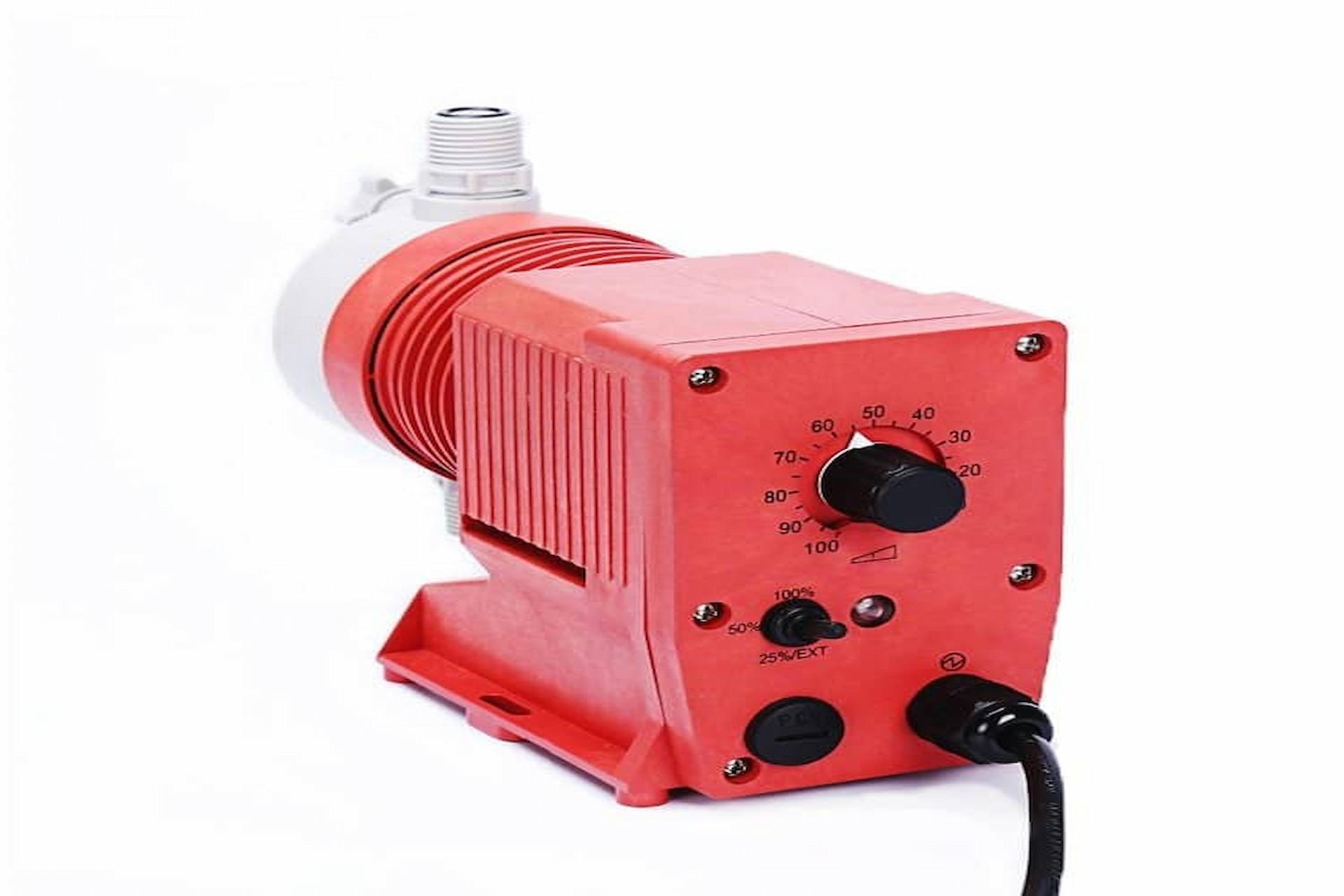Precise chemical dosing is crucial for maintaining process efficiency and product quality in industrial and commercial settings. Selecting the right chemical dosing pump tailored to your specific application can significantly impact performance and operational costs. This guide explores essential factors to consider when choosing a chemical dosing pump, ensuring you make an informed decision that aligns with your operational requirements and budget.
Understanding Chemical Dosing Pumps
First, it’s essential to grasp the fundamental role of a chemical dosing pump. These devices are designed to inject precise amounts of chemicals into a fluid stream with accuracy and reliability. The correct pump selection hinges on factors such as flow rate, pressure requirements, chemical compatibility, and operational environment, whether for water treatment, chemical processing, agriculture, or other industries.
Key Considerations in Selecting a Chemical Dosing Pump
Flow Rate and Pressure Requirements
The flow rate and pressure at which chemicals need to be injected into the system dictate the type and size of the pump required. Calculating these parameters ensures the pump can deliver chemicals consistently and efficiently without compromising the process.
Chemical Compatibility
Different chemicals have varying properties that may interact differently with pump materials. Selecting materials compatible with the dosed substances is critical to ensure longevity and prevent chemical reactions that could compromise pump performance.
Operational Environment
Please consider environmental variables such as temperature variations, humidity levels, and exposure to corrosive substances. Pumps designed for specific environmental conditions enhance durability and reliability, minimising downtime and maintenance costs.
Accuracy and Control Options
Precision in chemical dosing is essential for maintaining product quality and process efficiency. Evaluate pump technologies that offer precise dosing capabilities and control options, such as manual adjustment, automated systems, or digital interfaces for enhanced operational control.
Types of Chemical Dosing Pumps
Diaphragm Pumps
Diaphragm pumps are versatile and suitable for various applications because they can handle corrosive and non-corrosive fluids. They offer precise dosing capabilities and are often preferred for their durability and reliability.
Peristaltic Pumps
Ideal for applications requiring gentle pumping, peristaltic pumps use rotating rollers to compress flexible tubing, providing accurate and consistent dosing without contaminating the fluid. They are suitable for delicate chemical handling tasks.
Piston Pumps
Piston pumps are known for their high-pressure capabilities and robust construction. They are suitable for applications requiring high flow rates and are designed to withstand demanding industrial environments.
Progressive Cavity Pumps
Progressive cavity pumps are ideal for handling viscous fluids and slurries with high solids content. They offer consistent flow rates and accommodate varying viscosities, making them suitable for challenging chemical dosing applications.
Maintenance and Lifecycle Costs
Selecting a chemical dosing pump involves considering long-term maintenance requirements and lifecycle costs. Regular maintenance schedules, availability of spare parts, and energy efficiency play crucial roles in operational sustainability. Evaluating these factors ensures that your chosen pump performs optimally throughout its lifecycle.
Energy Efficiency
Consider the pump’s energy consumption during operation. Energy-efficient pumps reduce operational costs and contribute to sustainability by minimising carbon footprints.
Reliability and Durability
Reliability is critical in industrial applications where downtime can lead to significant losses. Select pumps from renowned manufacturers recognised for their reliability and durability. It ensures consistent performance and reduces the frequency of maintenance and replacements.
Lifecycle Costs
Evaluate the pump’s overall lifecycle costs, including the initial purchase price, maintenance expenses, and expected lifespan. While upfront costs are essential, focusing on long-term savings and efficiency can result in a more cost-effective investment over time.
Installation and Operational Considerations
Installation Requirements
Consider the space and mounting options available for installing the chemical dosing pump. Some pumps may require specific installation conditions such as horizontal or vertical mounting, access to electrical connections, or compatibility with existing infrastructure.
Ease of Integration
Choose a pump that integrates smoothly into your existing system or process. Compatibility with control systems, automation capabilities, and ease of integration with monitoring and feedback mechanisms can streamline operations and enhance efficiency.
Safety and Regulatory Compliance
Ensure the selected pump meets safety standards and regulatory requirements relevant to your industry and geographical location. Compliance with guidelines for handling chemicals, electrical safety, and environmental regulations is crucial to avoiding potential risks and legal issues.
Training and Support
Evaluate the availability of training resources and technical support from the pump manufacturer or supplier. Proper training for operators and maintenance personnel ensures safe and effective use of the equipment, reduces downtime due to operational errors, and prolongs the pump’s lifespan.
Conclusion
Choosing the right chemical dosing pump involves thoroughly assessing your application’s needs, including flow rates, pressure requirements, chemical compatibility, and operational environment. By understanding these factors and selecting a pump designed to meet these criteria, you can enhance process efficiency, minimise downtime, and achieve cost-effective chemical dosing solutions tailored to your industry requirements.
This structure provides a comprehensive guide to help readers navigate the complexities of selecting the right chemical dosing pump for their applications. Let me know if you need any adjustments or additional information!





